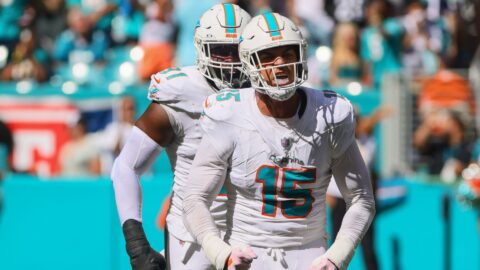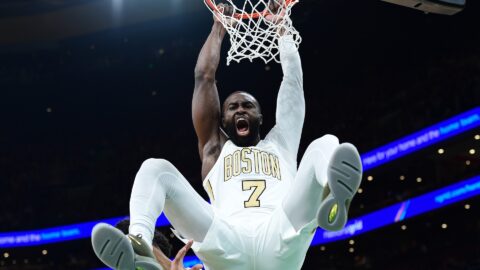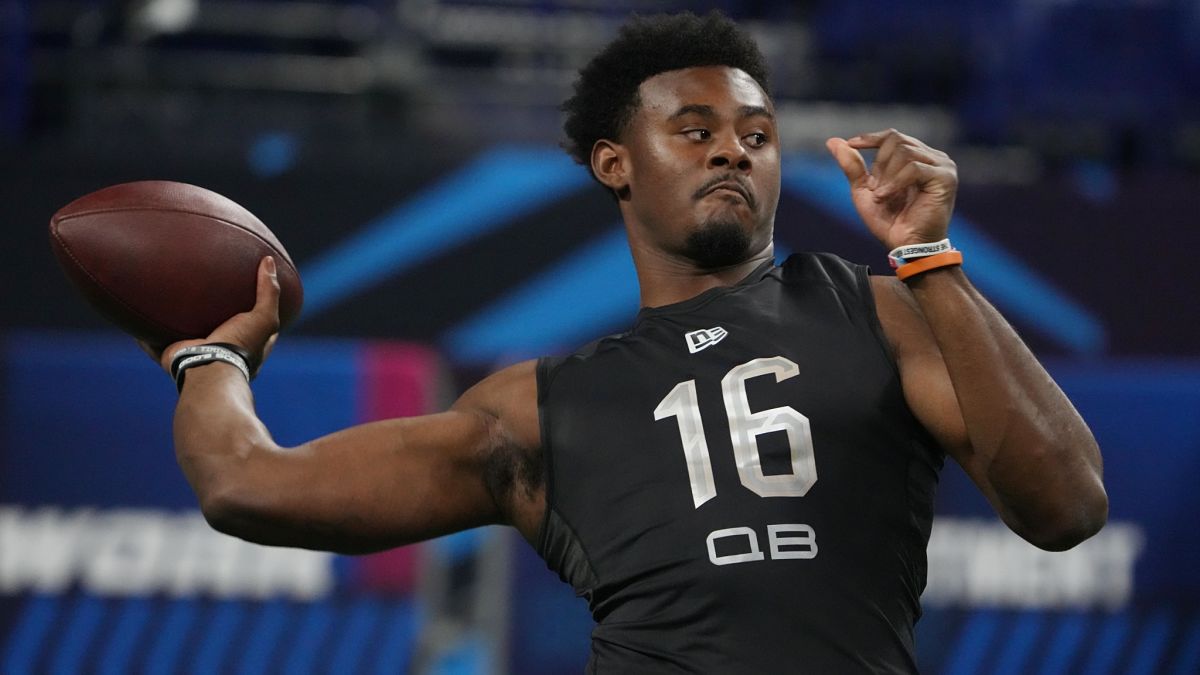The $103 million that the Red Sox invested in Daisuke Matsuzaka in the winter of 2006 is what's known in economics as a sunk cost. What's spent is spent, regardless of how the experiment turns out. The Red Sox are under no obligation to send Dice-K back to the mound at Fenway Park — not now, not next year, not ever.
But with that said, one has to hope he can return to form sometime.
Fans in Boston are fickle. Fenway isn't shy about booing you off the field if you can't perform up to expectations. Given Dice-K's 8.23 ERA this season — at age 28, when he's supposed to be entering the prime of his career — it's not surprising to see that New England's fans have not taken kindly to the Japanese righty this season.
But in Boston, these things happen all the time. Great players go through slumps, only to bounce back again.
Josh Beckett's first season in Boston was a disaster. He gave up 36 home runs and put up an ERA over five.
Dustin Pedroia was considered to be a bust. In April of his Rookie of the Year-winning season, he hit .182.
Remember J.D. Drew's arrival? He went through a power outage in 2007, frustrating fans everywhere, only to emerge as an All-Star Game MVP in '08.
Players go through ups and downs all the time. But in this town, the downs are amplified — the media scrutinizes every dreadful performance, and it must be grating on any player in a Boston uniform who ever battles adversity.
Last week, a public feud initiated between Matsuzaka and the Red Sox over the handling of the pitcher's rehabilitation process. Dice-K publicly criticized the Red Sox for implementing a throwing program that was helping, not hurting, his rehab effort, while the Red Sox criticized their pitcher for a lack of trust in the team.
Manager Terry Francona and pitching coach John Farrell have talked to Dice-K privately and are hoping to smooth this over, but the pitcher's words are damning. The team is right — Dice-K doesn't trust them.
"If I’m forced to continue to train in this environment, I may no longer be able to pitch like I did in Japan," said Matsuzaka, according to the Boston Herald through a Japanese source. "The only reason why I managed to win games during the first and second years (in the U.S.) was because I used the savings of the shoulder I built up in Japan. Since I came to the Major Leagues, I couldn’t train in my own way, so now I’ve lost all those savings.”
The Red Sox are going to be stubborn about this because they want their players to train their way. But given Matsuzaka's impressive resume, don't the Sox want him to pitch the way he did in Japan?
Matsuzaka is a two-time champion of the World Baseball Classic and its two-time MVP. He also pitched the Japanese national team to an Olympic bronze medal at age 23. He was a six-time All-Star in Japan. He was a baseball megastar even in his teenage years.
But the Red Sox run the risk of trying to change him into something he's not.
By American standards, the pitcher we're talking about is a freak of nature. As a teenager, he once threw a 148-pitch complete game, and for an encore he went back out and threw 250 in a complete game that went 17 innings. He was the game's elite workhorse on the mound. A Japanese CC Sabathia or Roy Halladay.
With someone who brings talent that extraordinary, wouldn't it be a wise choice for the Red Sox to give him special treatment? If Matsuzaka says he needs to adjust his throwing program, shouldn't the team listen?
Considering that the Red Sox have already sunk a nine-figure pile of cash into Matsuzaka, what's a few grand more? Surely the team could bring in a consultant more familiar with the unique physical specimen they have on their hands.
Daisuke Matsuzaka could easily be well on his way back to the major leagues. He could be a star again. After the 18-win season he put up last year, it would be silly to give up on him forever.
In Boston, star players find ways to bounce back. It happens all the time.
And when Dice-K bounces back, the Red Sox had better hope they've repaired their relationship with him. No one wants to hear the pitcher complain — they simply want him to pitch.
Dice-K is signed through 2012, and between now and then, there's plenty of time for him to return to form. For the Red Sox, cooperating with him now would be a good first step.



